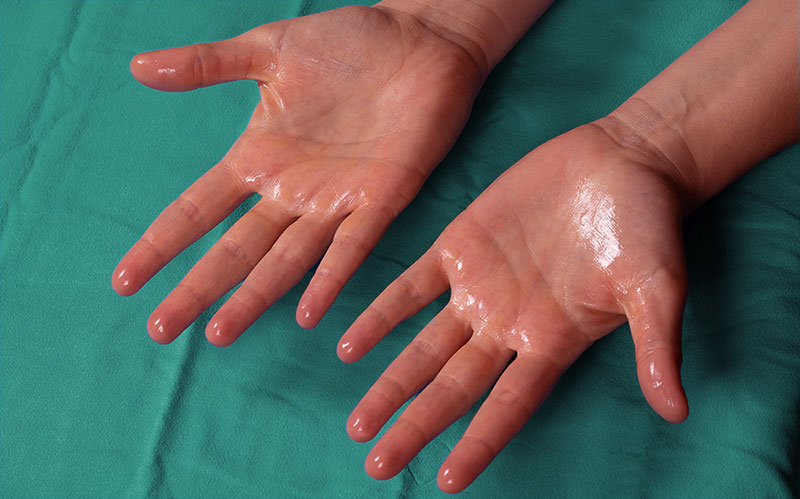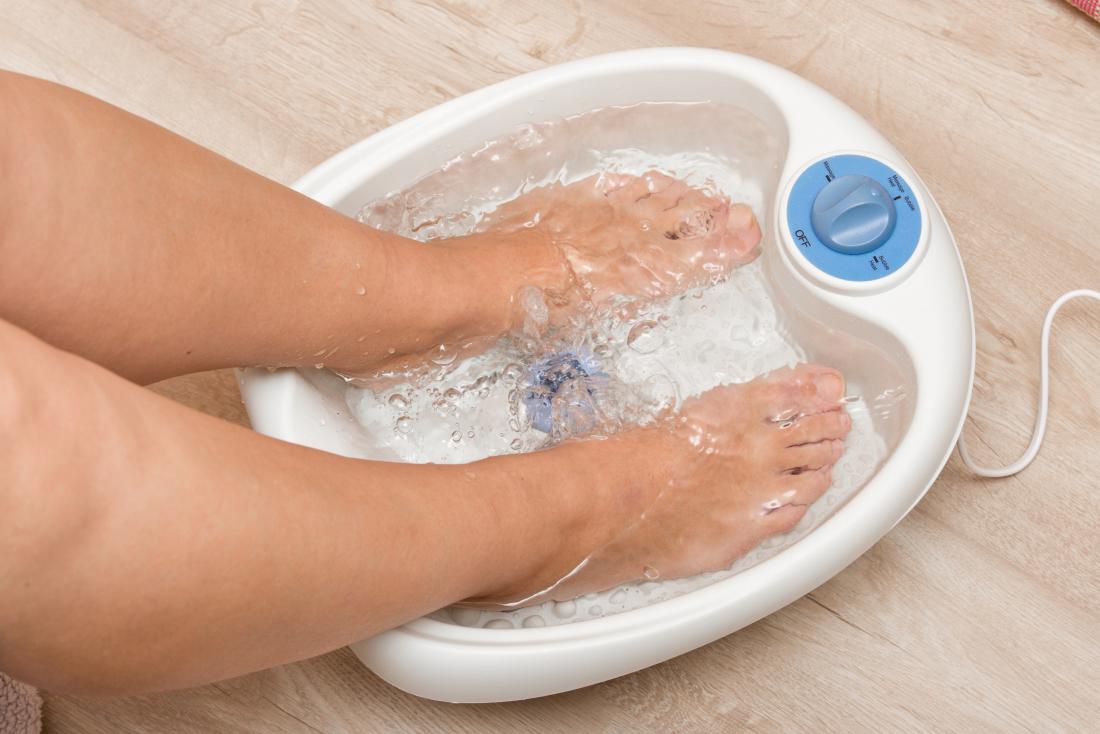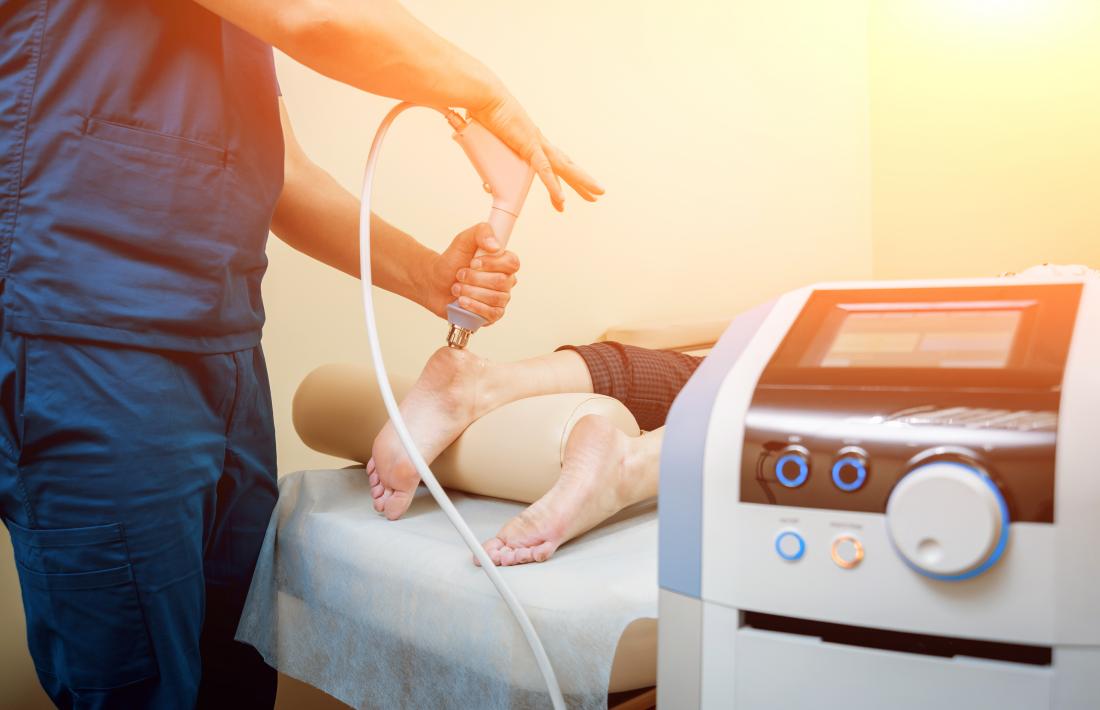Best Dermatology Approaches for Sweaty Hands Treatment: Tips and Techniques
Recognizing the Origin of Excessive Sweating and Its Effect On Every Day Life
Too much sweating, also called hyperhidrosis, is a problem that impacts a significant portion of the populace, yet its underlying causes and effects on everyday operating continue to be somewhat enigmatic. While it is commonly recognized as a physical feedback to control body temperature, the triggers for excessive sweating can differ commonly among individuals, incorporating not just physical elements yet psychological and additionally emotional aspects. Moreover, the influence of this condition expands past simple discomfort, frequently influencing social communications and general lifestyle. By diving right into the root triggers of hyperhidrosis and exploring its multifaceted results, a deeper understanding of this pervasive problem can be obtained, clarifying the complexities that people coming to grips with too much sweating browse each day.
Physiology of Sweat Glands
The guideline of sweat production, an important physical process, is largely managed by the task of sweat glands dispersed throughout the human body. Sweat glands are classified into 2 major types: eccrine and apocrine glands.
When the body temperature rises, either due to physical task, heats, or psychological stress, the nerve system sets off the sweat glands to create sweat. This sweat is composed mainly of water and electrolytes like sodium and chloride. The process of sweat manufacturing is important for keeping the body's inner temperature level within a narrow, optimal array, highlighting the important function gland play in human physiology.
Triggers for Excessive Sweating
In understanding the source of extreme sweating, it is vital to determine the triggers that can cause this physical feedback. Too much sweating, also recognized as hyperhidrosis, can be prompted by different aspects, both physical and ecological. One common trigger is emotional anxiety or anxiety, which can promote the body's gland to produce even more sweat than is necessary for cooling. Physical effort, high temperatures, and spicy foods are additionally understood to cause extreme sweating in people susceptible to this condition. Specific medical problems like hyperthyroidism, menopause, or diabetes can contribute to too much sweating as well.
Moreover, medications such as some antidepressants, opioids, and certain supplements can also function as triggers for hyperhidrosis. Comprehending these triggers is vital in managing extreme sweating properly - Exessive Sweating. By identifying and attending to the specific triggers that trigger extreme sweating in an individual, health care carriers can create personalized therapy plans to ease this problem and boost the person's lifestyle
Medical Conditions Associated
Related to excessive sweating are numerous clinical conditions that can intensify this physiological feedback. One typical problem is hyperhidrosis, a disorder defined by extraordinarily enhanced sweating that goes beyond the body's thermoregulatory needs. This can manifest in focal areas like the hands, soles, underarms, or face, impacting a person's lifestyle because of social shame and pain.
Additionally, endocrine problems such as hyperthyroidism, diabetic issues, and menopausal hot flashes can additionally bring about excessive sweating. Hyperthyroidism creates an overflow of thyroid hormonal agents, increasing metabolic rate and setting off sweating. Diabetes mellitus can cause sweating episodes, especially throughout hypoglycemic episodes when blood sugar levels drop too low. Menopausal warm flashes, credited to hormonal variations during menopause, can create unexpected and extreme sweating, commonly come with by flushing and heart palpitations.
In addition, infections like endocarditis, consumption, and hiv have actually been related to night sweats, a common signs and symptom understood to disrupt rest and affect general wellness. These medical problems highlight the diverse range of underlying factors that can add to too much sweating, requiring comprehensive examination and monitoring by medical care professionals.
Emotional and Mental Factors

Influence On Social Communications
Excessive sweating can have extensive results on an individual's ability to engage comfortably in social communications. The noticeable indicators of sweat discolorations or damp spots on apparel can lead to embarrassment and self-consciousness, creating individuals to take out from social circumstances. This withdrawal can impact connections, limitation social tasks, and hinder expert and individual growth.

In addition, the stress and anxiety and self-confidence concerns originating from extreme sweating can impact communication and interpersonal abilities. People might struggle to concentrate on discussions, join group tasks, or reveal themselves confidently. This can result in feelings of isolation and loneliness, as social connections come to be testing to preserve.
Final Thought

While it is frequently comprehended as a physiological response to regulate body temperature level, the triggers for too much sweating can vary commonly amongst people, including not just physical aspects yet psychological and likewise psychological components. By delving into the root triggers of hyperhidrosis and exploring its multifaceted results, a much deeper understanding of this pervasive issue can be obtained, dropping light on the intricacies that individuals grappling with excessive sweating browse on an everyday basis.
Physical effort, high temperature levels, and spicy foods are likewise recognized to trigger extreme sweating in people vulnerable to this problem. By determining and attending to the details triggers that motivate excessive sweating in a specific, medical care suppliers can develop personalized therapy strategies to ease this problem Exessive Sweating and boost the person's high quality of life.
Excessive sweating can have extensive impacts on an individual's ability to involve conveniently in social interactions.